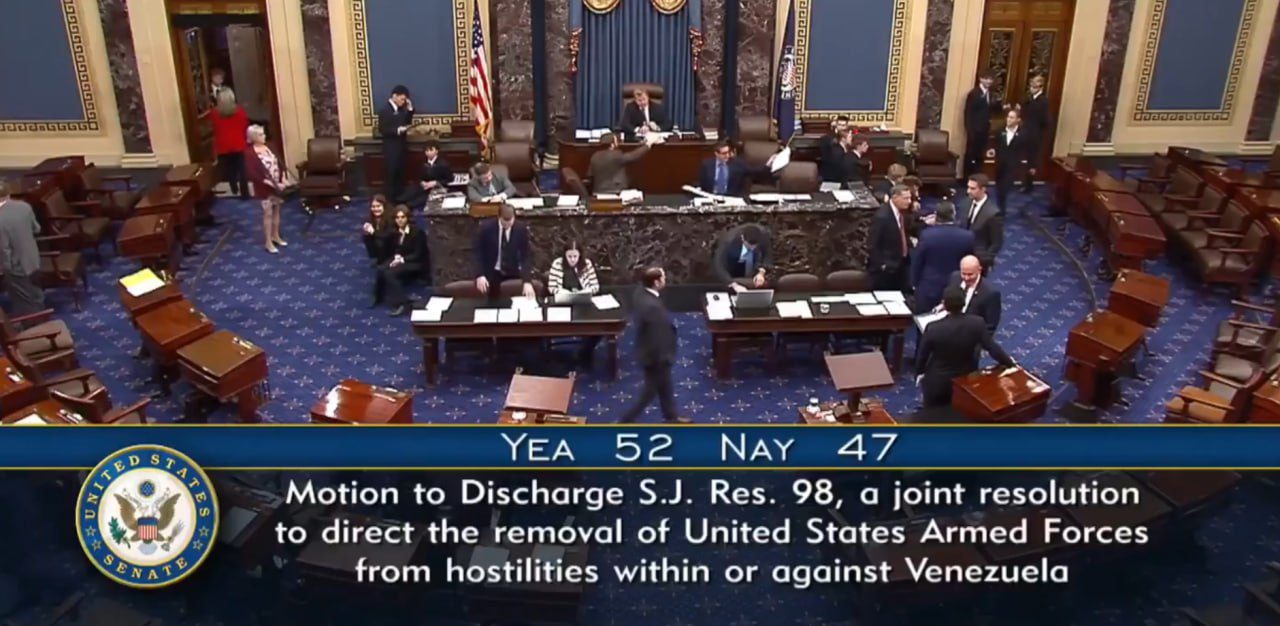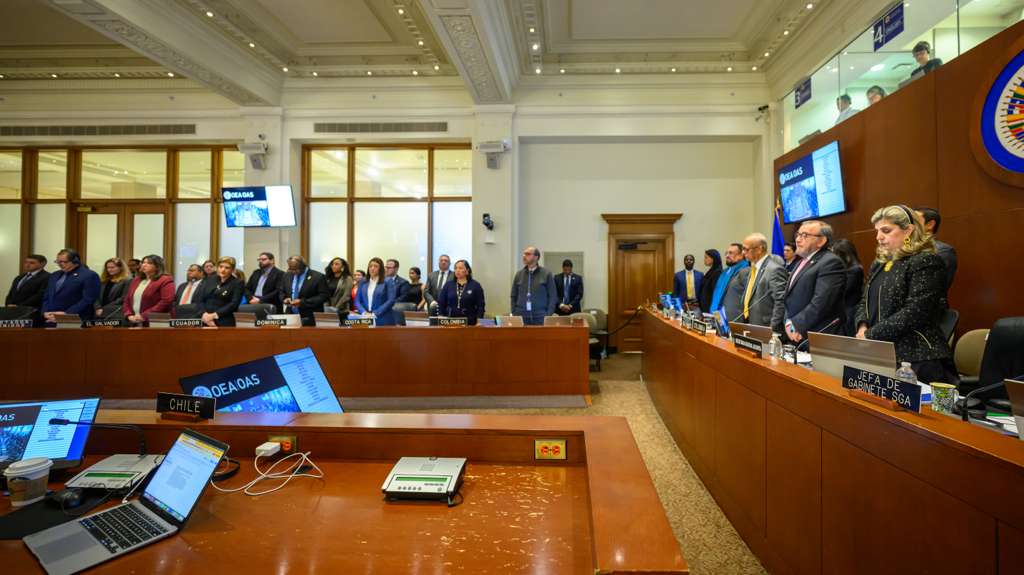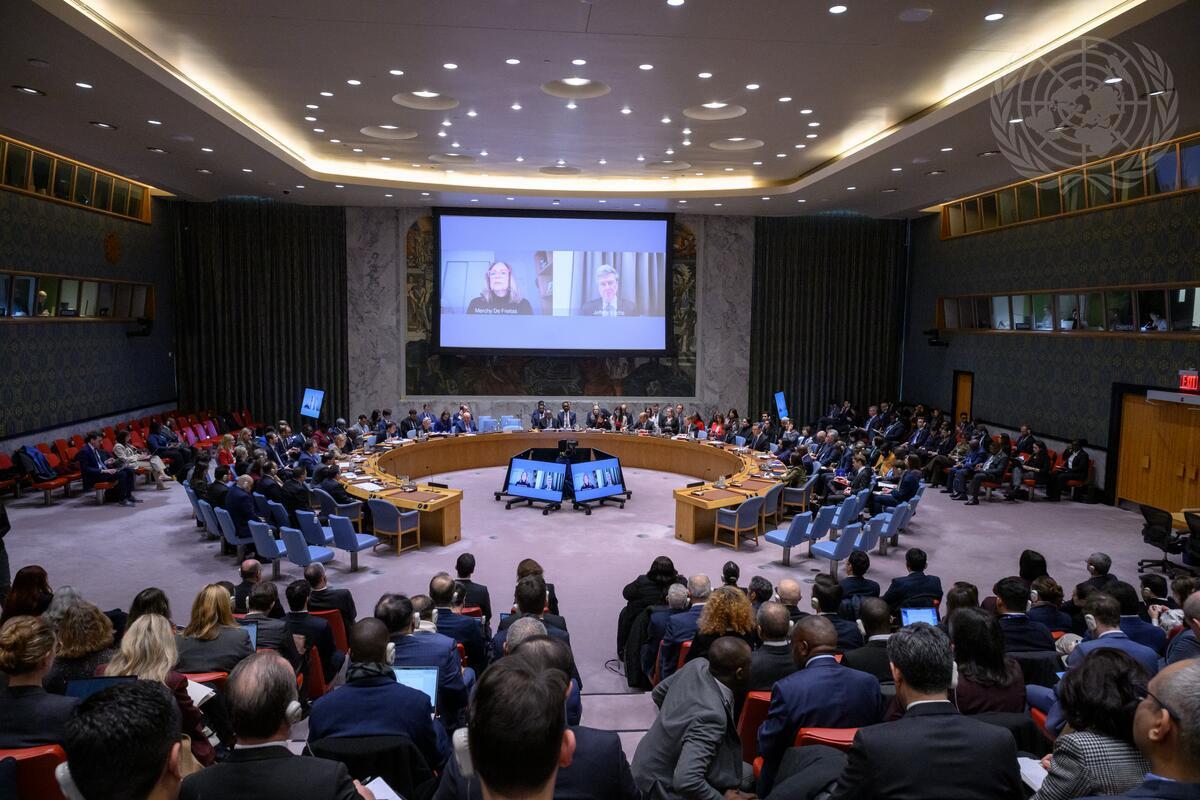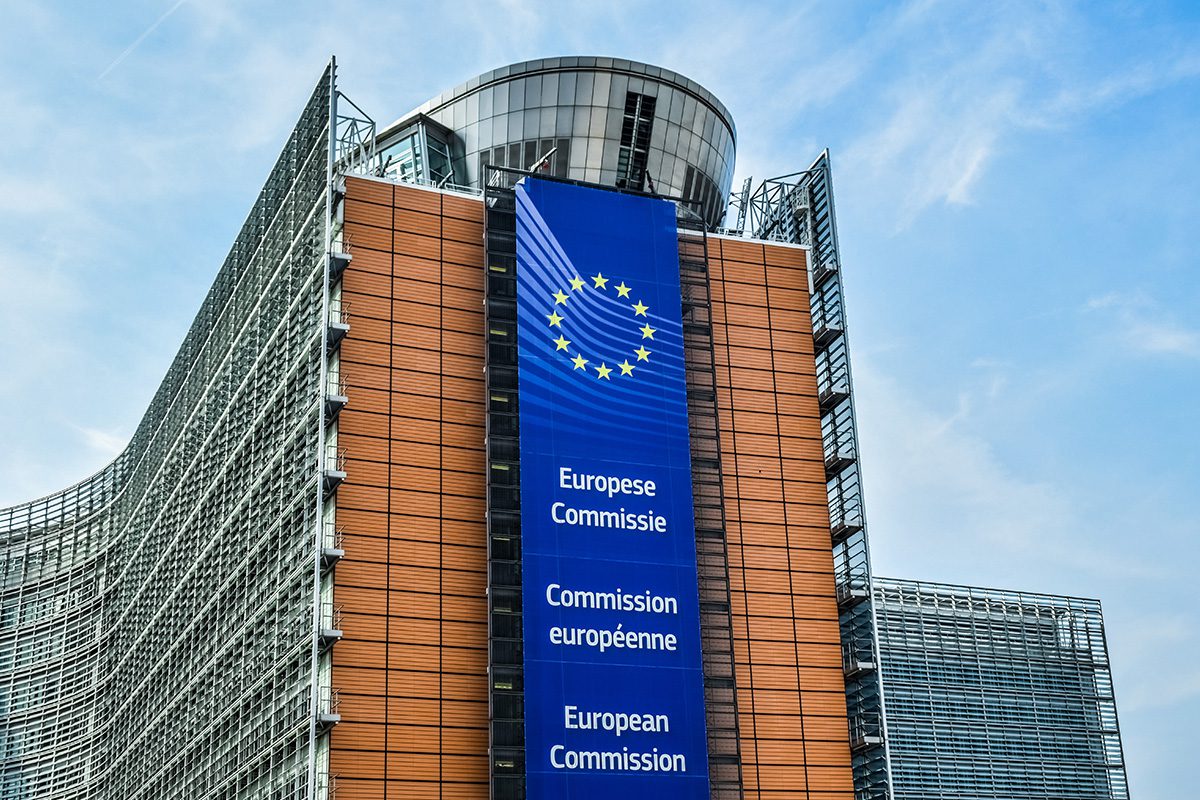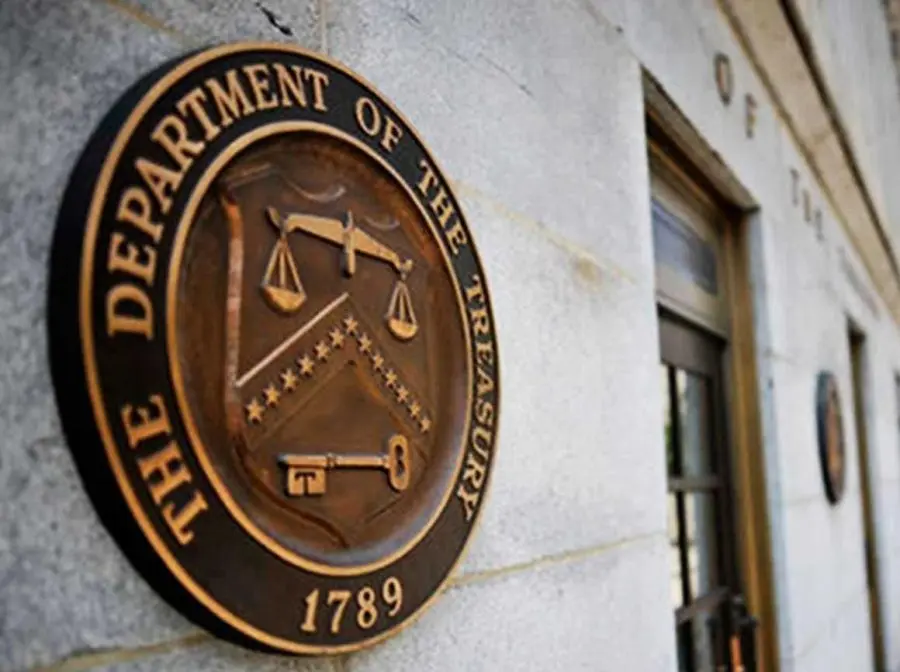The Federal Foreign Office of the Federal Republic of Germany. Photo: Federal Foreign Office Press Department
Guacamaya, November 20, 2025. The growing US military presence in the Caribbean Sea has raised alarms beyond the region. European governments, multilateral organizations, and international political blocs are questioning the legality of US operations and warning about the risks of a confrontation that could destabilize Latin America. Amid calls for dialogue, open criticism, and demands for respect for international law, the tension is becoming a new point of global friction.
European Union: caution, concern, and calls for international law
The European Union has adopted a prudent stance regarding the tension between the United States and Venezuela. Although the bloc avoids forceful declarations, some of its members have taken clear positions.
France and Spain: rejection of US military operation
Both governments have expressed disagreement with the actions promoted by the Trump administration under the argument of combating “narco-boats.” They indicate that the strategy lacks substantiation and could violate essential principles of international law.
United Kingdom: strategic distance
London has reportedly decided to suspend the exchange of intelligence information in the Caribbean area with the United States, fearing legal complications and potential liabilities in controversial operations.
Germany: diplomacy and restraint
Berlin has become the clearest voice for prudence on the continent. Josef Hinterseher, spokesperson for the Federal Foreign Office, reiterated that Germany lacks its own information to assess US actions. From its perspective, all actions in international waters must remain within the framework of international law, and it is up to Washington to justify its procedures. The German government insists on a diplomatic path to resolve the tensions between Caracas and Washington.
United Nations: concern over escalation and willingness to mediate
The UN has made an explicit call to avoid a military escalation. Farhan Haq, spokesperson for Secretary-General António Guterres, recalled that all actions must comply with the UN Charter, especially regarding the use of force and the sovereignty of States.
Although Guterres has offered the “good offices” of the organization, Haq admitted that neither party has formally requested mediation, although he welcomed the stated willingness by Nicolás Maduro to engage in direct dialogue.
China: defense of sovereignty and endorsement of CELAC
Through its spokesperson Mao Ning, China expressed its rejection of any military initiative that alters Latin American stability. Beijing supports the CELAC declaration that confirms Latin America and the Caribbean as a Zone of Peace, reiterating the importance of respect for sovereignty and non-interference in the internal affairs of States.
Non-Aligned Movement: alert over a “dangerous escalation”
The NAM, which brings together 121 States, expressed deep concern about the increase of extra-regional military assets in the Caribbean. For the bloc, the presence of US ships, aircraft carriers, and aircraft represents a direct risk to regional stability.
The Movement demanded the withdrawal of foreign military forces, emphasizing that any aggression against Venezuela could compromise Latin American peace. Likewise, it reaffirmed its support for the principles of the Treaty of Tlatelolco and the proclamation of the region as a Zone of Peace, adopted by CELAC in 2014.
Escalation with global impact
What is happening in the Caribbean is no longer a bilateral matter. The diverse—though predominantly critical—response from the international community reflects the fear of a confrontation that could ignite a hemisphere historically marked by geopolitical tensions.
The common message among Europe, China, the United Nations, and the NAM seems to agree on one central point: the diplomatic path is the only one capable of preventing a major conflict in the region.


